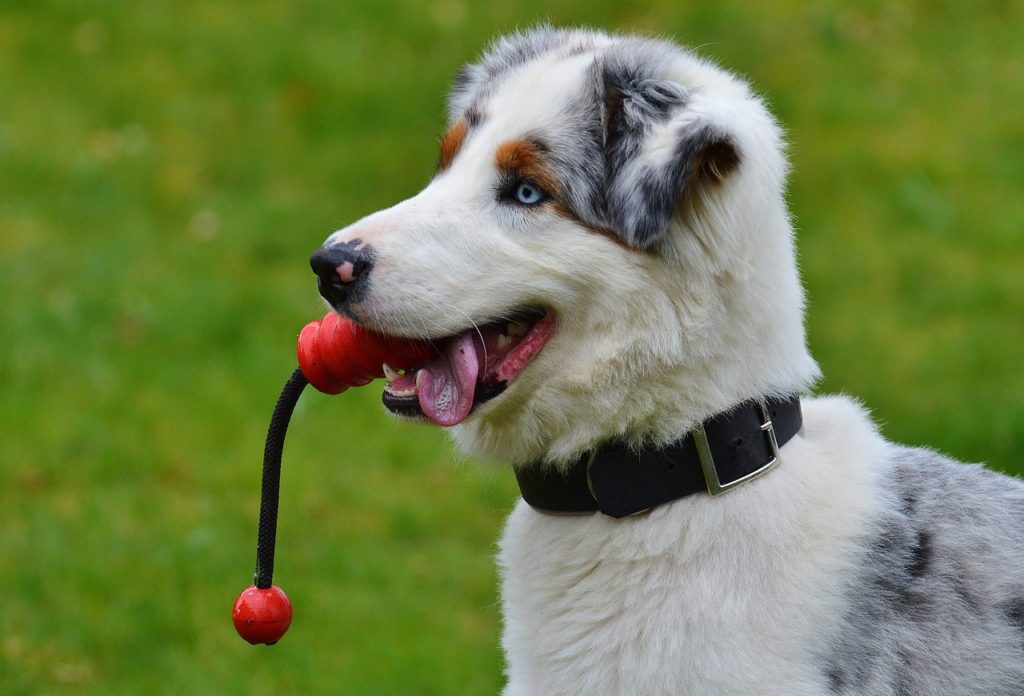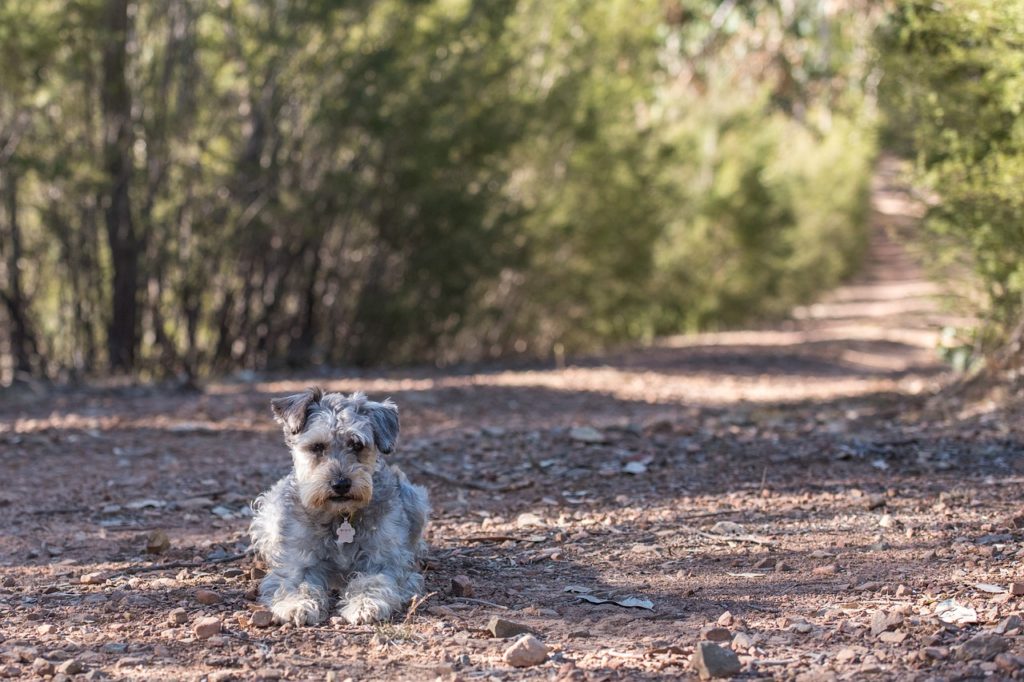
Weight loss is one of the easiest ways to check for signs of cancer. Normal weight loss is expected if your dog is on a diet. However if it is eating normally and still losing weight without an increase in exercise, it could be a sign of cancer. Your dog’s appetite may also drop if it has cancer. Keep an eye out for changes in eating behavior along with the weight issues. You pet could also have cancer if it has problems eating. Trouble with swallowing are common signs of cancer in the mouth or lungs.
Abnormal growths or swelling. If you notice a lump on your dog, or swelling that only seems to be getting worse, it is a red flag for cancer. Vets recommend that you bring your dog to us right away if you see any of these signs. Don’t wait to watch for growth, deal with it immediately. When you pet your dog (especially those over the age of 10) take time to examine the pet for any lumps. Bad odors will appear if your pet has cancer, caused by tumors or other complications. It’s best to examine the dog while grooming for the best, most thorough results.
Bleeding and wounds that don’t heal. Check for wounds in your dog often. But if you notice a wound that lasts and isn’t healing, go see the vet immediately. Your vet can prescribe antibiotics and if those don’t do the trick they can do additional screenings for cancer. Excessive bleeding coming out of the nose, mouth or other orifices should also be taken seriously. If you see any other fluid discharges or vomiting go see a vet as soon as possible.
Another sign of cancer is lameness. If your pet appears stiff and unable to walk well it could be a sign of problems. Bone cancer can cause lameness, although keep in mind lameness is pretty common and treatable in non-cancerous pets.
As always any sudden changes in your pet’s behavior should be reported to your vet immediately. For more pet tips and information like us on Facebook today!


